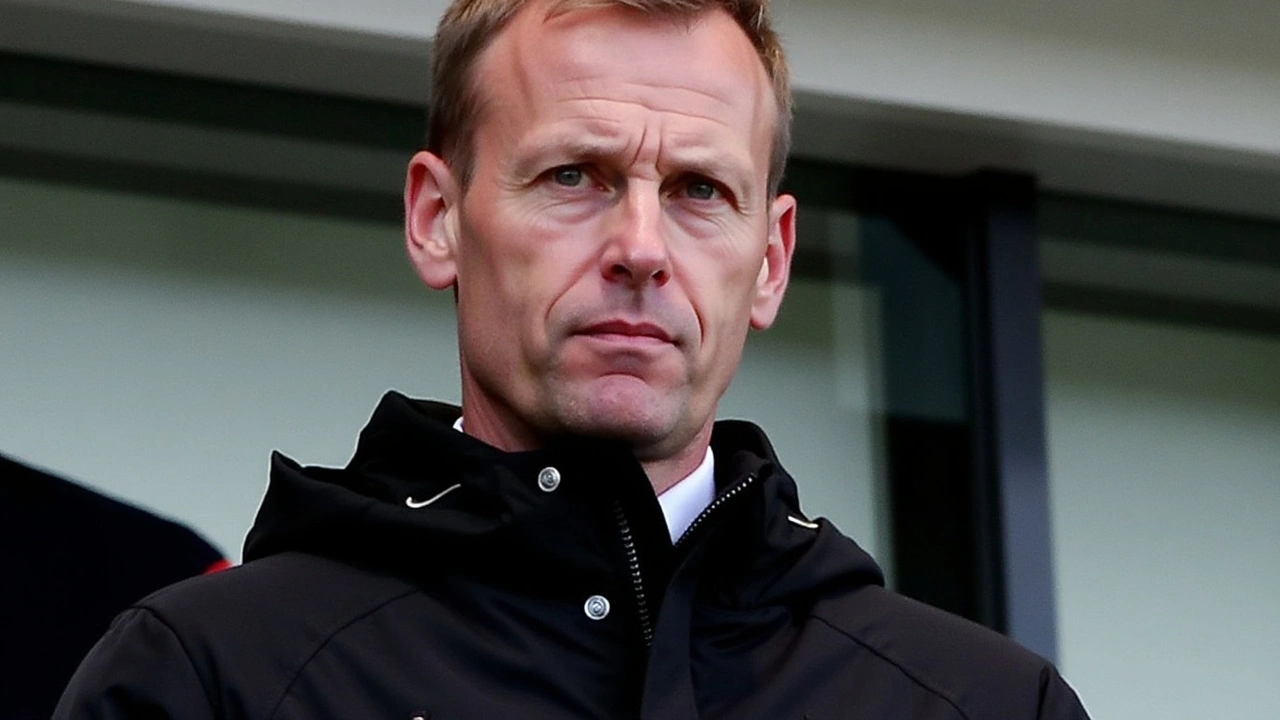Understanding the Sporting Director Role
If you’ve ever wondered who decides which players a club signs or why a certain playing style appears year after year, meet the sporting director. This person sits between the boardroom and the locker room, turning big‑picture ideas into daily decisions. Unlike coaches who focus on tactics for each match, a sporting director looks at the whole club – youth academies, scouting networks, contract negotiations, and long‑term planning.
Most fans only see headlines about transfers or sacked managers, but the sporting director is often the quiet architect behind those moves. They build relationships with agents, scout emerging talent in lower leagues, and make sure the club’s budget aligns with its ambitions. Think of them as the chief operating officer for football – they keep everything running smoothly while the coach focuses on winning games.
Key Responsibilities of a Sporting Director
First up is player recruitment. A sporting director creates a profile of the type of player needed, then works with scouts to find candidates who fit that mold. They evaluate not just skill but also personality, injury history, and how a player might adapt to the club’s culture.
Second, they manage contracts and negotiations. This means striking deals that protect the club financially while giving players enough incentive to stay. A good sporting director knows when to buy, sell, or loan a player to keep the squad balanced.
Third, they oversee the youth academy. By setting development pathways, they ensure promising youngsters have a clear route to the first team. This can save clubs millions on transfer fees and build a lasting identity rooted in home‑grown talent.
How Sporting Directors Impact Club Success
The most visible impact is on the transfer market. When a club consistently lands quality signings that blend well together, you’ll see better results on the pitch. That success often translates into higher revenues from prize money, sponsorships, and merchandise.
Beyond transfers, sporting directors shape the club’s philosophy. If they decide to play an attacking style, they’ll hire coaches and scout players who thrive in that system. Over time, fans start recognizing a distinctive brand of football associated with the club – think “the Liverpool way” or “the Ajax model”.
Stability is another benefit. While managers come and go, a sporting director can provide continuity. They keep the long‑term plan alive even during short‑term setbacks, ensuring that a single bad season doesn’t derail years of progress.
In South Africa and across Africa, more clubs are adopting the sporting director model to compete internationally. Articles on our site cover how clubs like Orlando Pirates or Mamelodi Sundowns use strategic recruitment and youth development – classic sporting director moves.
So whether you’re a fan curious about why your club signs a certain player, or an aspiring professional looking to break into football management, understanding the sporting director’s job is key. They blend business sense with football knowledge, turning vision into reality on and off the pitch.

Dan Ashworth's Departure from Manchester United Sparks Questions in a Dynamic Era
Dec 8, 2024, Posted by Ra'eesa Moosa
Dan Ashworth has stepped down from his role as Manchester United's sporting director after just five months. His brief tenure saw major transfer spending and dynamic management shifts. The club's decision comes after apparent disharmony during Ashworth's stint, amidst key player signings and a coaching change with Ruben Amorim. Despite his short stay, Ashworth's exit reflects ongoing challenges at the club.
MORE